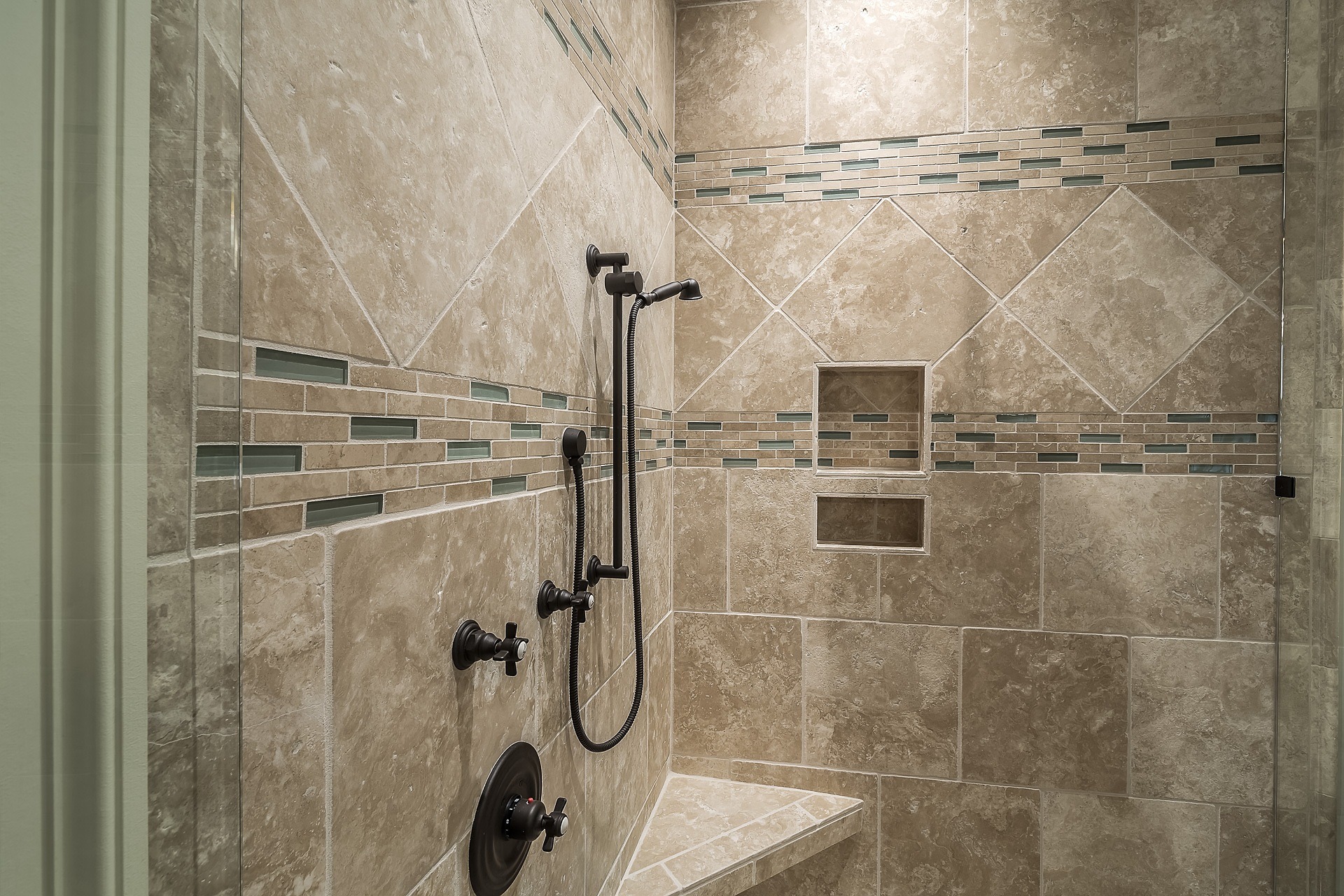Medicare and Hearing Aid Services: What You Need to Know
Navigating Medicare coverage for hearing aids can be complex, as traditional Medicare typically doesn't cover routine hearing aids or exams. However, Medicare Advantage plans often provide enhanced benefits that may include hearing aid coverage. Understanding your options, eligibility requirements, and the types of devices that may be covered can help you make informed decisions about your hearing healthcare needs.

Hearing loss affects millions of Americans, particularly those over 65 who rely on Medicare for their healthcare coverage. While traditional Medicare has limited coverage for hearing-related services, the landscape of hearing aid benefits has evolved significantly with Medicare Advantage plans and recent policy changes.
Understanding Hearing Aid Coverage Under Medicare Advantage
Medicare Advantage plans, also known as Medicare Part C, are private insurance alternatives to traditional Medicare that often include additional benefits not covered by Original Medicare. Many Medicare Advantage plans now offer hearing aid coverage as a supplemental benefit, recognizing the importance of hearing health for overall well-being. These plans may cover annual hearing exams, hearing aid fittings, and contribute toward the cost of hearing aids themselves. The coverage varies significantly between plans, with some offering annual allowances ranging from $500 to $3,000 for hearing aids, while others may cover a percentage of the total cost.
Medicare’s Coverage of Hearing Aids
Traditional Medicare Part B covers diagnostic hearing exams when ordered by a physician to determine if medical treatment is necessary, but it does not cover routine hearing screenings or hearing aids for age-related hearing loss. However, Medicare does cover certain hearing-related medical treatments, such as cochlear implants when medically necessary, and hearing aids that are prosthetic devices following ear surgery. The distinction between medical necessity and routine hearing loss is crucial in determining coverage eligibility under traditional Medicare.
Who Is Eligible for Coverage?
Eligibility for hearing aid coverage depends on your specific Medicare plan and circumstances. For traditional Medicare, coverage is limited to medically necessary situations, such as hearing loss resulting from illness, injury, or congenital conditions. Medicare Advantage plan eligibility varies by insurer and plan type, but generally, any Medicare beneficiary enrolled in a qualifying Medicare Advantage plan may access hearing aid benefits if included in their plan. Some plans may require prior authorization, referrals from primary care physicians, or documentation of hearing loss severity. Veterans may have additional options through VA benefits, which can complement Medicare coverage.
Types of Hearing Aids That May Be Included
Medicare Advantage plans that offer hearing aid coverage typically include various types of devices to meet different hearing loss needs and preferences. Behind-the-ear (BTE) hearing aids are commonly covered due to their versatility and effectiveness for various degrees of hearing loss. In-the-ear (ITE) and in-the-canal (ITC) hearing aids may also be included, particularly for mild to moderate hearing loss. Some plans cover advanced digital hearing aids with features like noise reduction, directional microphones, and Bluetooth connectivity. Bone-anchored hearing aids (BAHA) and cochlear implants are typically covered under Medicare Part B when medically necessary, regardless of Medicare Advantage enrollment.
| Provider | Plan Type | Coverage Amount | Key Features |
|---|---|---|---|
| Humana | Medicare Advantage | Up to $2,000 annually | Covers exams, fittings, follow-up care |
| UnitedHealthcare | Medicare Advantage | $1,200-$3,000 annually | Network of audiologists, advanced hearing aids |
| Anthem | Medicare Advantage | Up to $1,500 annually | Routine exams included, repair coverage |
| Kaiser Permanente | Medicare Advantage | Varies by region | Integrated care model, in-house services |
| Aetna | Medicare Advantage | $500-$2,500 annually | Partnership with hearing aid retailers |
Prices, rates, or cost estimates mentioned in this article are based on the latest available information but may change over time. Independent research is advised before making financial decisions.
The cost of hearing aids without insurance can range from $1,000 to $6,000 per device, making Medicare coverage particularly valuable for beneficiaries with hearing loss. Even with partial coverage, out-of-pocket expenses can be substantial, so understanding your plan’s specific benefits, network providers, and any limitations is essential for budgeting purposes.
When considering hearing aid coverage through Medicare, it’s important to review your annual plan options during Open Enrollment periods. Compare the hearing benefits offered by different Medicare Advantage plans in your area, considering factors such as coverage amounts, network providers, and additional services like routine hearing exams and device maintenance. Some plans may also offer coverage for hearing aid batteries, repairs, and replacement devices.
This article is for informational purposes only and should not be considered medical advice. Please consult a qualified healthcare professional for personalized guidance and treatment.




